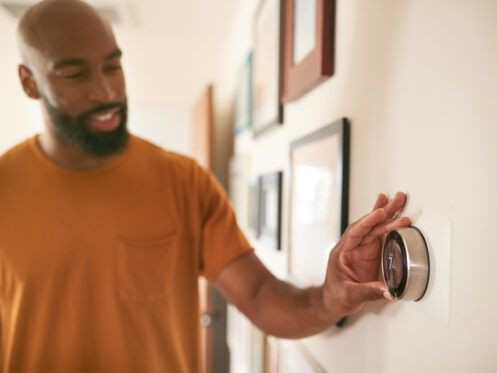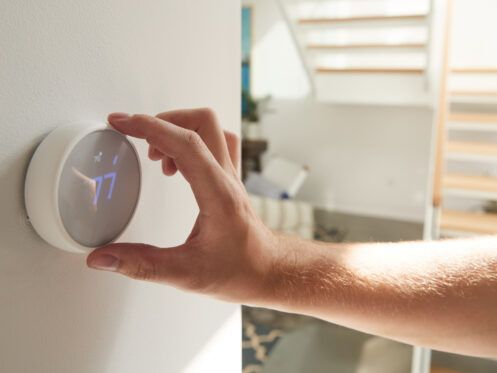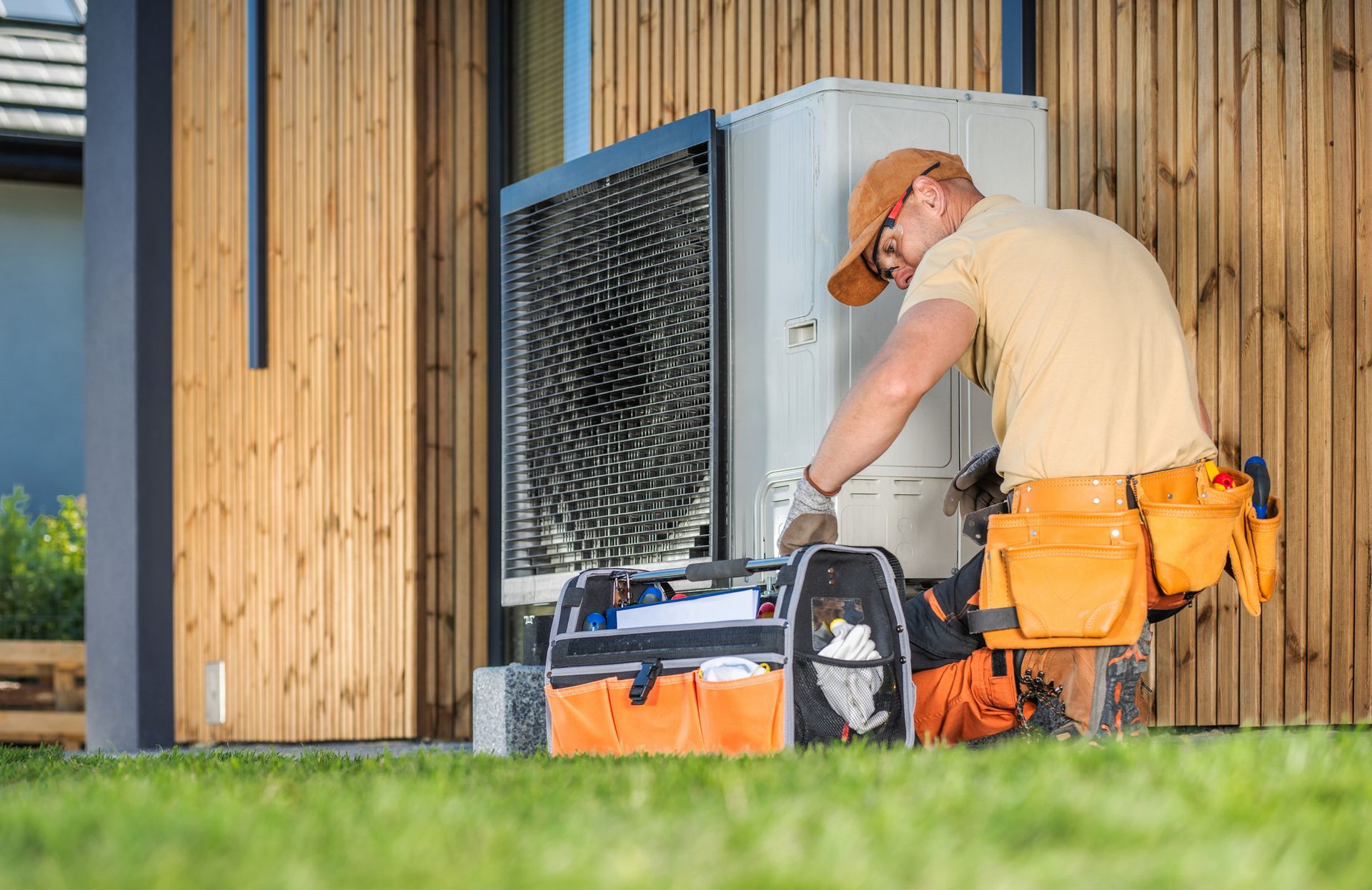What Is the Level of Humidity That Should Be Present Inside a House?
As homeowners, we often focus on the temperature inside our houses but overlook the importance of humidity levels. Maintaining a suitable humidity level in our homes is crucial for our health, comfort, and property. High humidity levels can cause mold growth, respiratory issues, and wooden furniture and floors damage. On the other hand, low humidity can lead to dry skin and irritated eyes and even increase the risk of contracting airborne viruses. Here are the benefits of proper humidity control, the ideal humidity levels for homes, and practical tips for achieving optimal indoor comfort.
The Benefits of Proper Humidity Control
Humidity plays a significant role in our daily lives, affecting our well-being and our homes’ condition. Here are some reasons why maintaining the right humidity level is essential.
Health
Maintaining optimal humidity levels can help prevent the growth of mold and bacteria, which can cause respiratory issues such as asthma and allergies. It can also help alleviate dry skin, irritated eyes, and other related health concerns.
Comfort
When the air is too dry, it can cause discomfort and even lead to static electricity shocks. Conversely, the air is too humid can cause a feeling of stickiness and discomfort.
Energy Efficiency
Proper humidity control can also help you save energy and money by making your HVAC system work more efficiently. When the air is too humid, your air conditioner has to work harder to remove the excess moisture. Conversely, when the air is too dry, your heating system has to work harder to maintain a comfortable temperature.
Preserving Home Structure
Extreme levels of humidity can damage your home’s structure. Excess moisture can cause wood to swell, leading to warping, buckling, and even mold growth. Conversely, low humidity can cause wood to dry out and crack. Maintaining balanced humidity levels helps preserve the integrity of your home.
Ideal Humidity Levels
Finding the ideal humidity level for your home is crucial for your comfort and well-being. The recommended range for indoor humidity is between 30% and 50%, with the perfect level around 45%. This range provides enough moisture to prevent dry skin and itchy eyes while keeping you comfortable and preventing mold and bacteria growth. However, several factors can affect the humidity levels in your home, including the weather, insulation, and the size of your living space. The key is to monitor the humidity levels regularly, especially during extreme temperatures, and adjust your HVAC system accordingly. Finding the sweet spot for your home’s ideal humidity level may take some trial and error, but achieving optimal indoor comfort and avoiding potential health risks is worth the effort.
How to Maintain the Ideal Level of Humidity
Here are some practical tips to help you maintain the perfect indoor humidity level.
Use a Humidifier or Dehumidifier
Investing in a humidifier or dehumidifier can be a game-changer if you live in an area with extreme weather conditions. These devices are designed to regulate the humidity levels in your home by adding moisture or removing excess moisture from the air. You can set the devices to your desired humidity level, and they will work to maintain it automatically.
Ventilate Your Home
Ensure that your home has adequate ventilation by opening windows and doors or installing exhaust fans in bathrooms and kitchen areas. This helps to remove excess moisture and improve air circulation.
Monitor Humidity Levels Regularly
The key to maintaining optimal humidity levels in your home is to monitor the levels regularly. You can purchase a hygrometer to help you measure the humidity levels in your home. If the humidity levels are too high, you can turn on your dehumidifier; if they are too low, you can turn on your humidifier.
Sealing and Insulation
Ensure your home is properly sealed and insulated to prevent moisture from entering or escaping excessively. Proper insulation helps maintain stable humidity levels and reduces the load on heating and cooling systems.
Conclusion
Maintaining the right humidity level in your home is essential for your health, comfort, and property. Maintaining recommended humidity levels can prevent health issues, protect your home from structural damage, and enhance overall indoor comfort. Remember to monitor humidity levels regularly, use appropriate devices like humidifiers and dehumidifiers, and ensure proper ventilation to create a healthy and comfortable environment in your house.
The post What Is the Level of Humidity That Should Be Present Inside a House? appeared first on Vortex Air Solutions LLC.

















